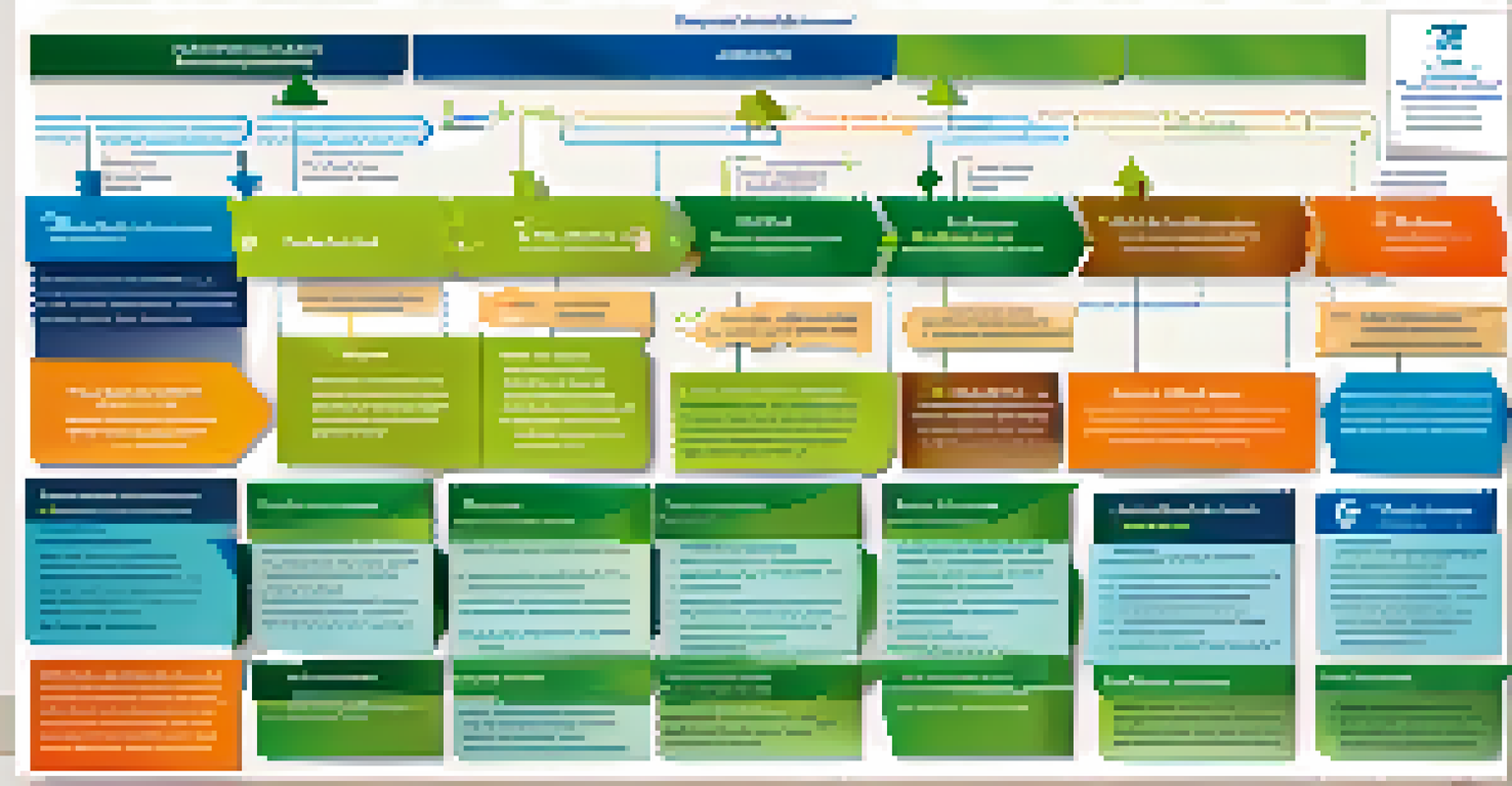Understanding Taxation of Foreign Income for Global Expatriates

What is Foreign Income and Who is Affected?
Foreign income refers to earnings derived from outside your home country. This can include wages, dividends, rental income, and more. If you're an expatriate, understanding what qualifies as foreign income is crucial for tax compliance.
The tax code is a complicated thing, and it’s important to understand how it affects you, especially if you’re living abroad.
Expatriates are individuals who live and work outside their home country, often for extended periods. This unique situation can complicate tax obligations, as you may be liable to pay taxes in both your home country and your host country.
For example, an American working in Germany may earn a salary from a German company but still need to report this income to the IRS. This dual tax situation highlights the importance of knowing how foreign income is treated both domestically and internationally.
The Importance of Tax Treaties
Tax treaties are agreements between two countries that help prevent double taxation on the same income. These treaties can significantly impact how expatriates are taxed on their foreign earnings, often allowing deductions or credits.

For instance, if a U.S. expatriate pays taxes on their income in France, a tax treaty might allow them to deduct some of these taxes when filing in the U.S. This can lead to substantial tax savings.
Understanding Foreign Income Taxation
Expatriates must navigate complex tax obligations that can involve reporting foreign income to both their home and host countries.
Understanding the specifics of any applicable tax treaty is vital. Expatriates should consult the IRS or a tax professional to navigate these agreements effectively and ensure compliance with both countries' regulations.
Understanding Your Tax Residency Status
Tax residency status determines how your income is taxed in your home and host countries. Different countries have varying criteria for establishing residency, often based on physical presence or permanent home.
In this world, nothing can be said to be certain, except death and taxes.
For example, the U.S. uses the Substantial Presence Test, which considers the number of days spent in the country over a three-year period. If you exceed a certain number of days, you may be classified as a tax resident.
This status can significantly affect your tax obligations. An expatriate deemed a tax resident may be subject to the same tax rules as local residents, while non-residents may enjoy different benefits or exemptions.
Reporting Foreign Income and Assets
Expatriates are often required to report their foreign income and assets to their home country's tax authorities. For U.S. citizens, this means filing Form 1040 and possibly additional forms such as the Foreign Bank Account Report (FBAR).
Failure to report foreign income can result in severe penalties, making it essential for expatriates to stay informed about their filing requirements. Keeping accurate records of income earned and taxes paid abroad is crucial.
Significance of Tax Treaties
Tax treaties between countries can prevent double taxation, allowing expatriates to deduct taxes paid abroad when filing in their home country.
Moreover, some countries have specific reporting thresholds for foreign assets, so it's wise to consult a tax professional familiar with international taxation to avoid pitfalls and ensure compliance.
Foreign Earned Income Exclusion (FEIE)
The Foreign Earned Income Exclusion (FEIE) allows qualifying expatriates to exclude a certain amount of foreign-earned income from U.S. taxation. For 2023, this exclusion is around $120,000, but it’s important to confirm the current limit.
To qualify for FEIE, expatriates must meet either the Physical Presence Test or the Bona Fide Residence Test. This means they must either live abroad for a specified period or establish residency in a foreign country.
Utilizing FEIE can significantly reduce your tax burden, but it requires careful planning and documentation. Ensure that you understand the eligibility criteria and keep detailed records of your time spent abroad.
Navigating Local Tax Laws
Each country has its own tax laws and regulations that expatriates must navigate. Understanding the local tax system where you live is vital, as it can differ greatly from your home country's tax policies.
For instance, some countries have a progressive tax system, while others might have flat tax rates. Additionally, local tax laws may include unique deductions or credits that expatriates can take advantage of.
Avoiding Common Tax Mistakes
Many expatriates overlook important tax responsibilities, such as reporting foreign income, which can lead to significant penalties.
Staying informed about changes in local tax legislation is crucial. Engaging a local tax advisor can help ensure compliance and maximize tax efficiency while living abroad.
Common Mistakes Expatriates Make
Many expatriates make common mistakes when it comes to foreign income taxation, such as failing to report income or misunderstanding residency rules. These oversights can lead to penalties and unexpected tax liabilities.
For example, some expatriates mistakenly believe that living abroad exempts them from their home country's taxes. However, many countries tax their citizens on worldwide income, regardless of where they reside.

To avoid these pitfalls, it's essential to stay informed and consult with tax professionals who specialize in expatriate tax issues. Regularly reviewing your tax situation can help you stay compliant and avoid costly mistakes.